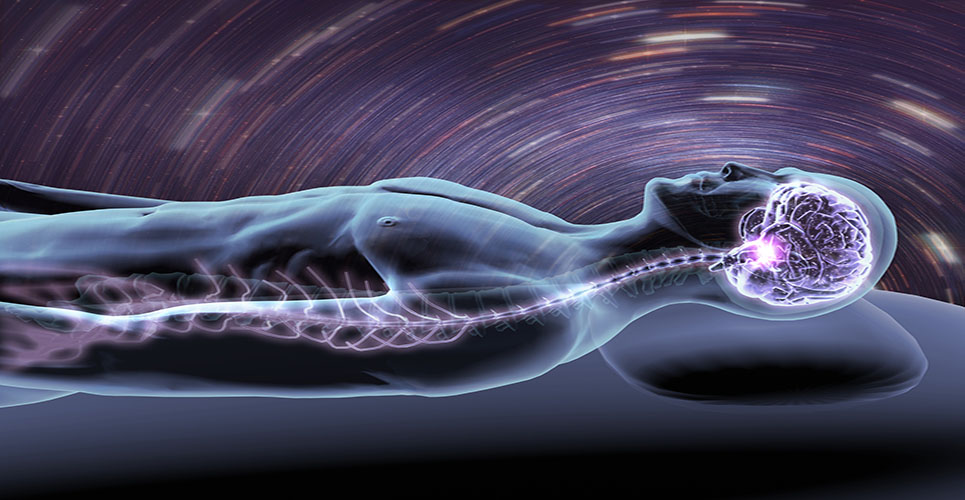teaser
Data published today in Movement Disorders from the RECOVER study showed that treatment with Neupro® (rotigotine) improved motor function, sleep and non-motor symptoms, compared to placebo, improving quality of life for people with Parkinson’s disease.
The RECOVER study is the first large-scale, double-blind, randomized trial to investigate early morning motor function and sleep as coprimary outcome measures in Parkinson’s disease.
Data from the study showed that treatment with rotigotine significantly improved both early morning motor function and nocturnal sleep disturbance compared with placebo (p=0.0002 and p<0.0001 respectively).
Significant improvements were also seen with rotigotine in secondary and additional exploratory outcome measures related to sleep quality, pain, depression and activities of daily living.
Rotigotine treatment was generally well tolerated and most reported adverse events were mild or moderate in intensity (placebo, 96%; rotigotine, 97%).
The most frequently reported adverse events in the study were nausea, application site reactions and dizziness.
“Sleep disturbance, impairment of early morning motor function and health-related quality of life are common and important nocturnal, early-morning, and daytime problems for Parkinson’s disease patients” said Dr Claudia Trenkwalder, Professor of Neurology at University of Goettingen and Paracelsus-Elena Klinik, Kassel, Germany and lead RECOVER study investigator.
“The RECOVER study demonstrated benefits with rotigotine on each of these outcomes. It also demonstrated the clinical benefits of continuous rotigotine delivery, as efficacy was maintained throughout the night and into the next morning, and significantly improved the start of the new day, one of the most troubling times for Parkinson’s disease patients.”

